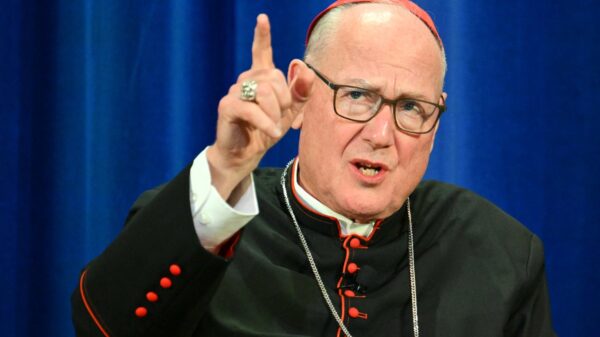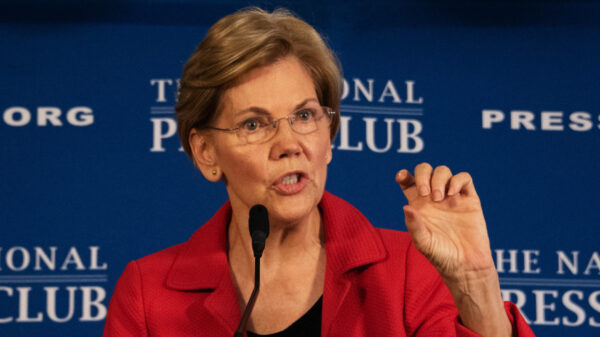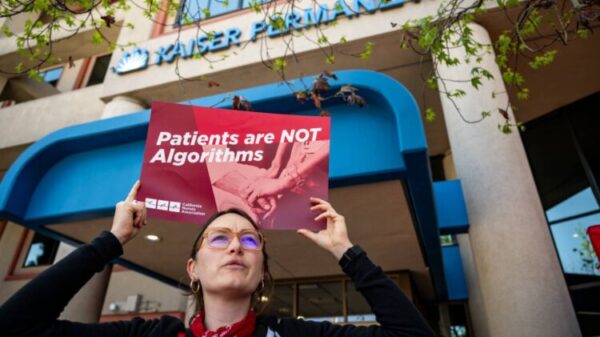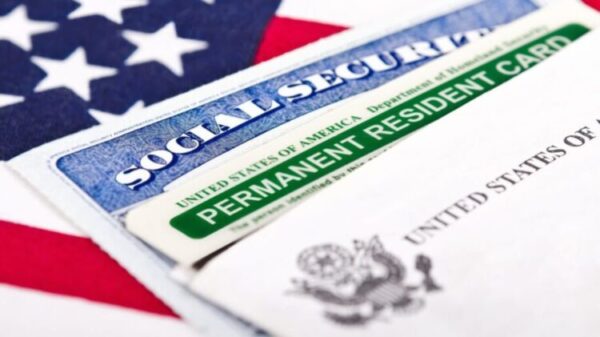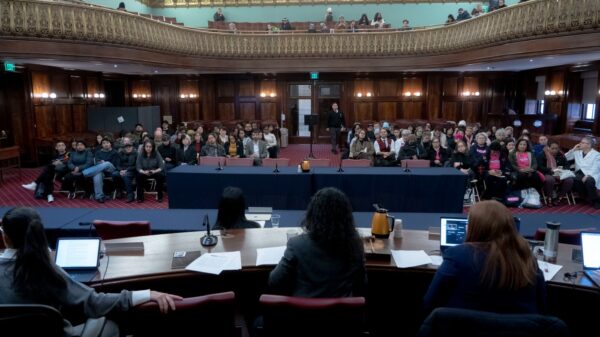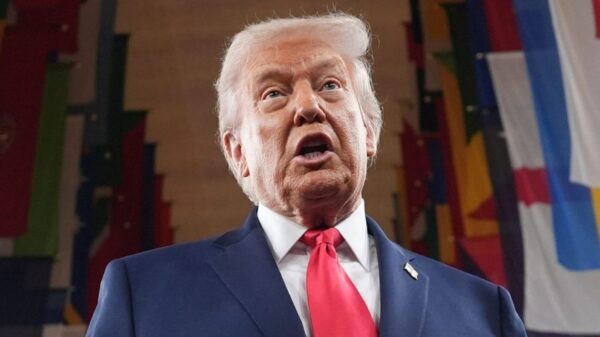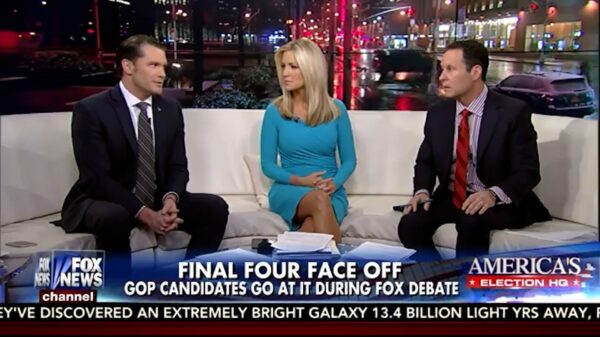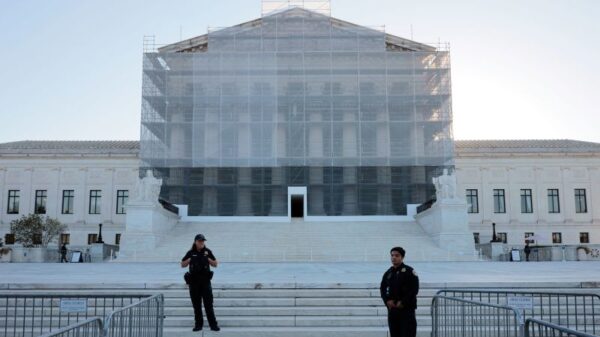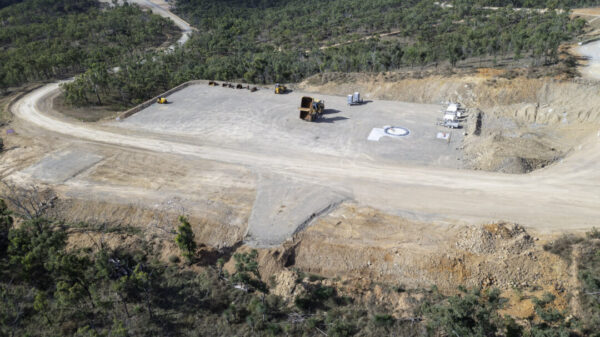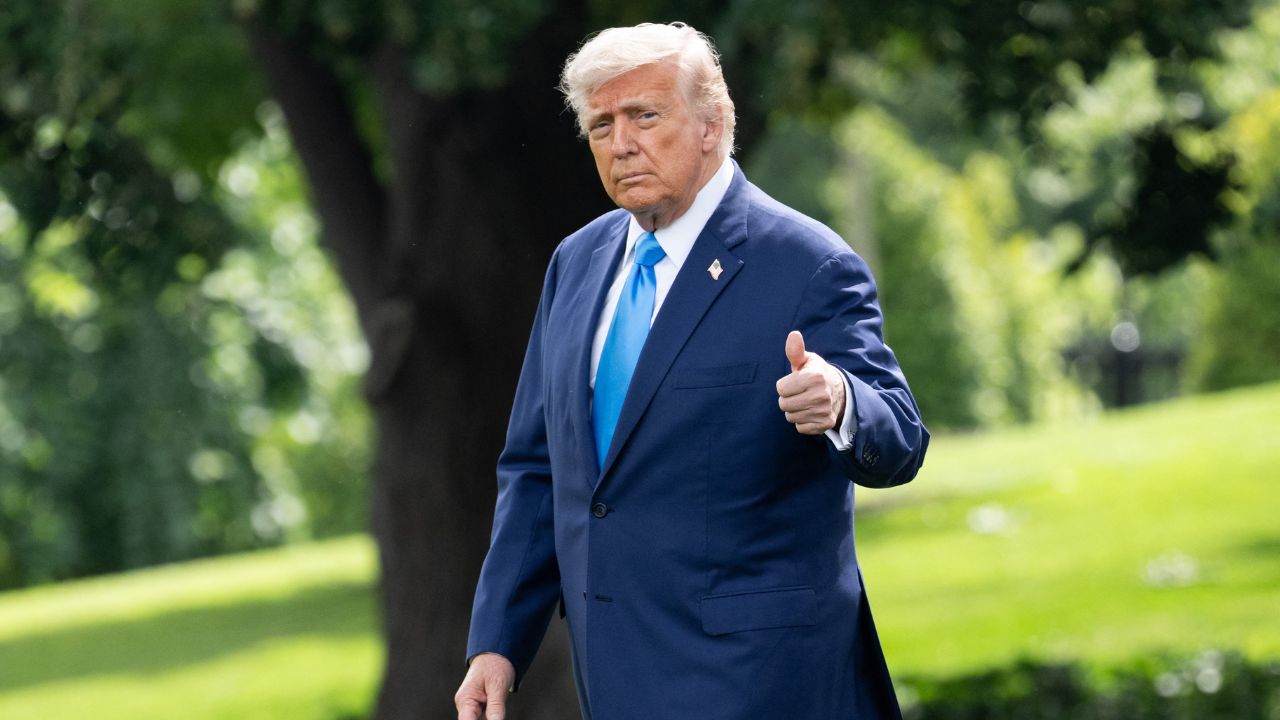Recent polling data from the U.S. Chamber of Commerce indicates that a significant majority of American voters support pro-business tax provisions included in the One Big Beautiful Bill Act (OBBBA), signed into law by President Donald Trump. Despite a general disapproval rating for the legislation, which garnered only 39% approval according to a Fox News Poll conducted from July 19-21, 2023, specific aspects of the bill have found favor among the electorate.
In a memo shared exclusively with FOX Business, the Chamber highlighted that 67% of respondents support the permanent restoration of business deductions for research and development. Additionally, 62% of those surveyed expressed approval for the full expensing of businesses’ capital investments, including machinery and technology. The memo’s findings suggest that many voters are unaware of the specific tax benefits that the OBBBA provides, which may contribute to the mixed reception of the legislation overall.
Key Provisions Gain Favor Among Voters
The OBBBA, enacted last month, aims to provide tax relief for both businesses and households. Among its provisions, the legislation permanently extends the business interest deduction, which received support from 64% of voters. Neil Bradley, chief policy officer and head of strategic advocacy for the Chamber, noted that the positive reception for these provisions demonstrates a disconnect between how the bill is described and how voters actually feel about its specific components.
Bradley explained, “Something may be getting lost in translation when people just describe it as ‘one big, beautiful bill.’ We are releasing polling data to help inform the debate, showing strong support for the particulars.” He emphasized that the bill’s pro-growth measures are well-received, regardless of the overall sentiment towards the legislation.
The Chamber’s findings also revealed that 65% of voters support making the tax cuts enacted in 2017 permanent. These cuts, which are set to expire at the end of this year, would trigger the largest automatic tax increase in U.S. history if allowed to lapse. Bradley remarked on the potential backlash, stating, “There would have been tremendous negative feedback had all of those tax provisions been allowed to expire.”
Political Implications and Voter Sentiment
The memo highlighted that a strong 71% of respondents indicated they would be more likely to support congressional candidates who voted to make the 2017 tax law permanent. This sentiment reflects a broader trend observed during town hall meetings organized by the Chamber across the country, where constituents frequently voice their desire for stable and predictable tax policies.
“The support among voters for elected officials who voted to make the tax cuts permanent is unsurprising,” Bradley added. “We consistently hear this feedback during our town halls, which are part of our goal to engage with communities nationwide.”
As the political landscape continues to evolve, the implications of the OBBBA and its reception among voters may shape future legislative discussions. The Chamber’s findings underscore the importance of clear communication regarding the specifics of tax policy, especially in a climate where business growth is a top priority for many Americans.
The ongoing dialogue around the OBBBA reflects broader economic concerns and the desire for a favorable environment for businesses to thrive. With the Chamber’s data in hand, advocates for pro-business policies may have the momentum they need to push for further legislative action in the coming months.


